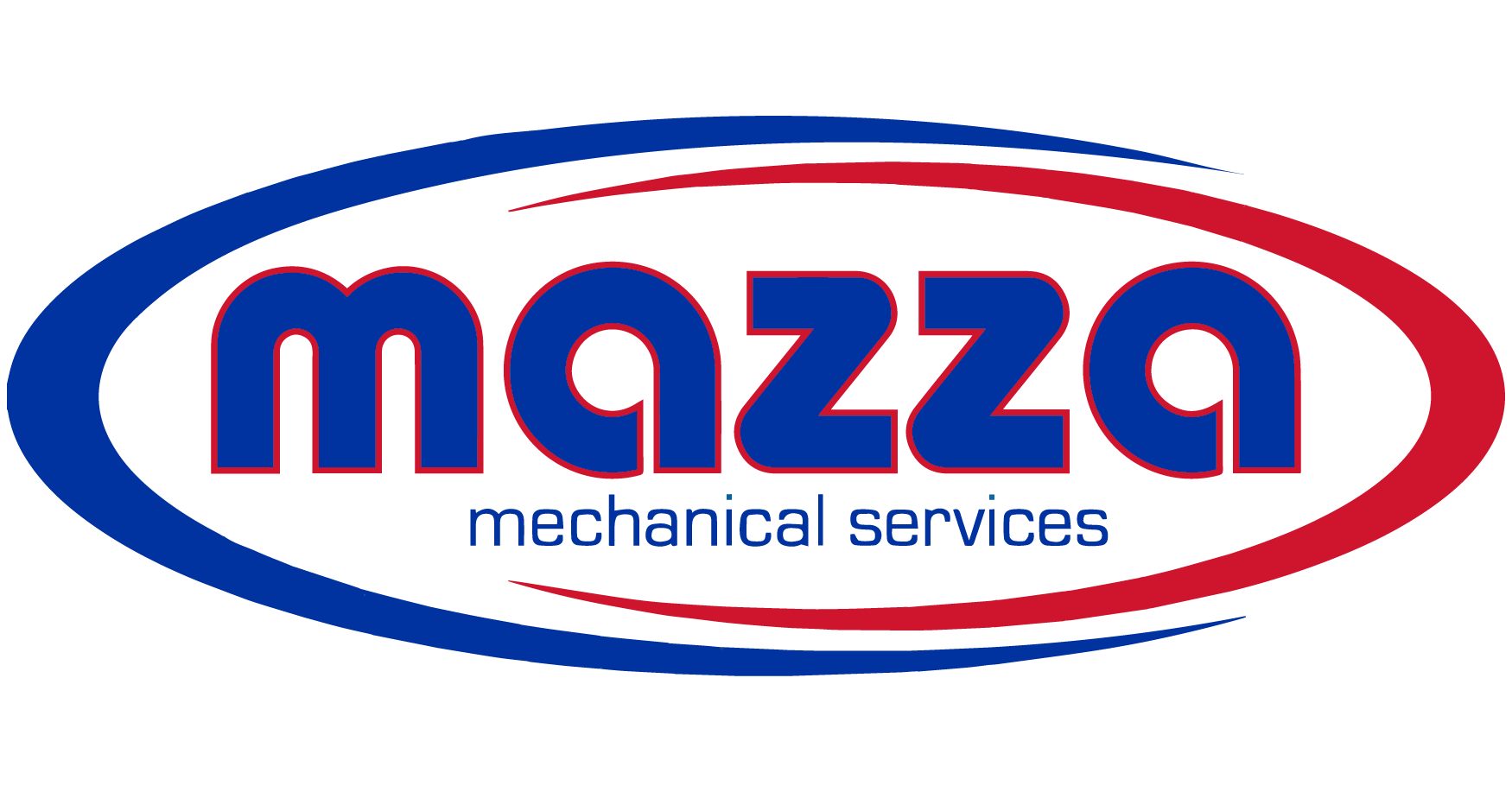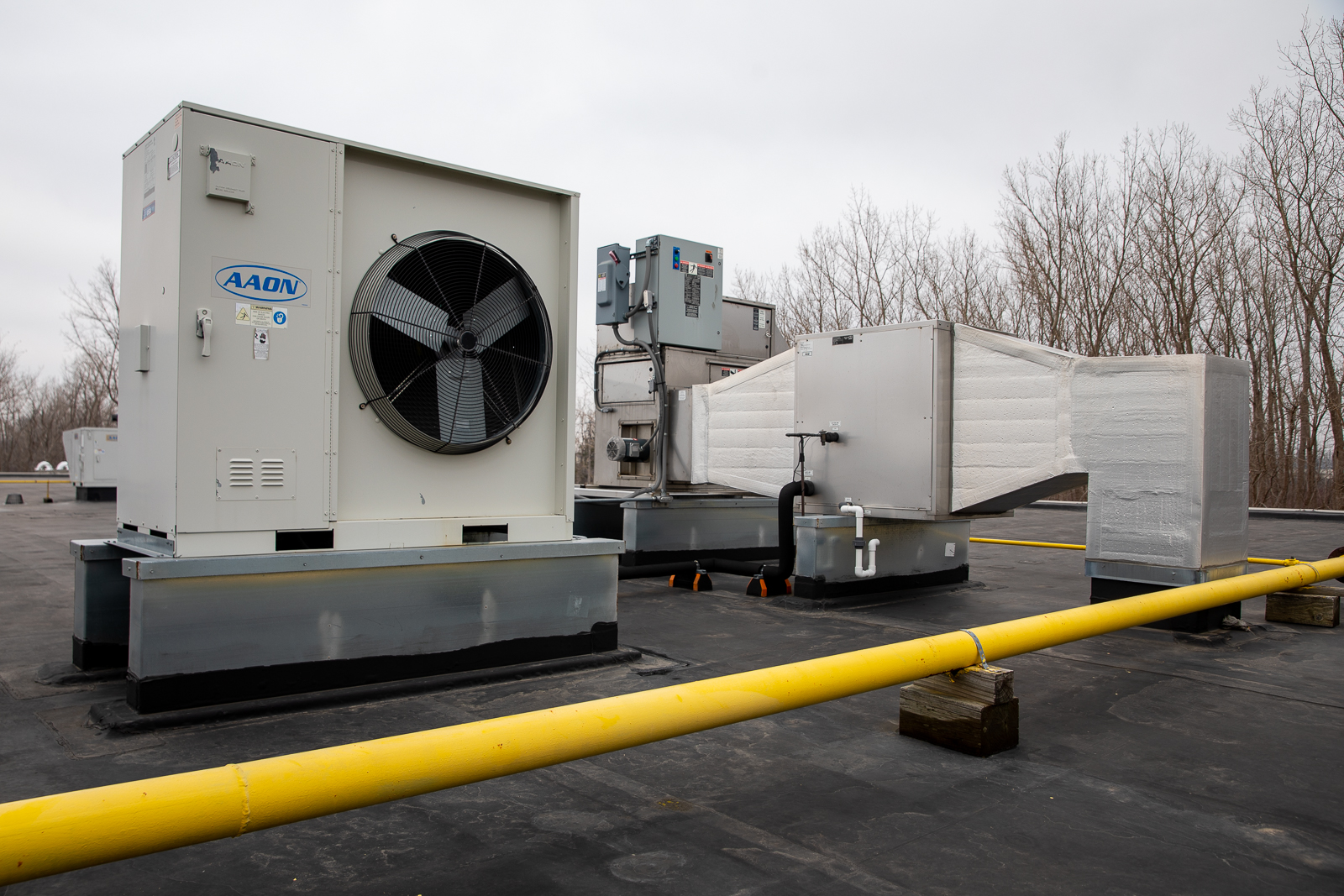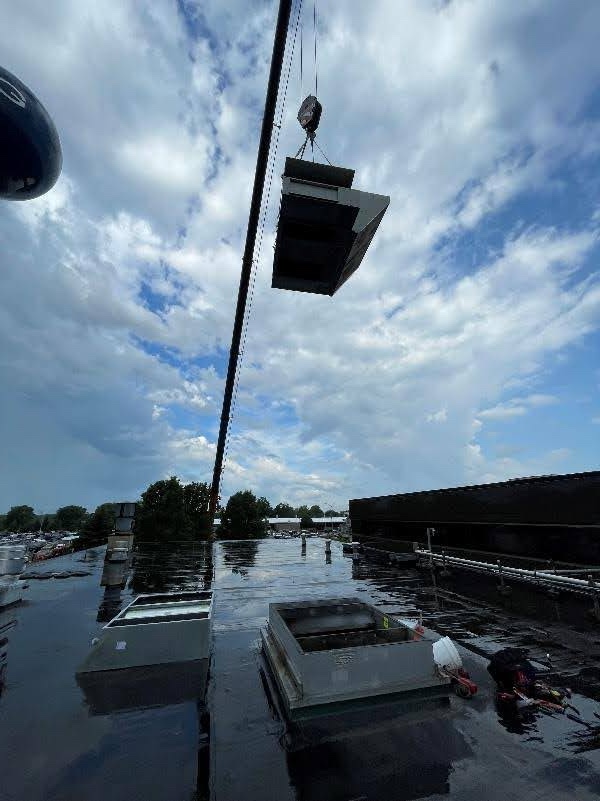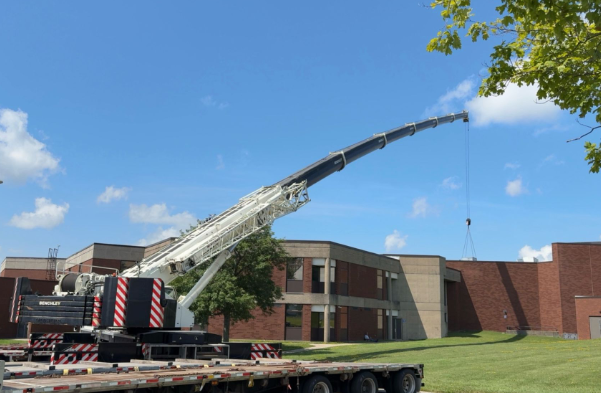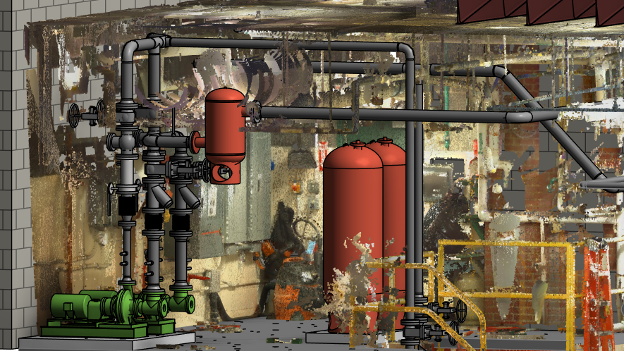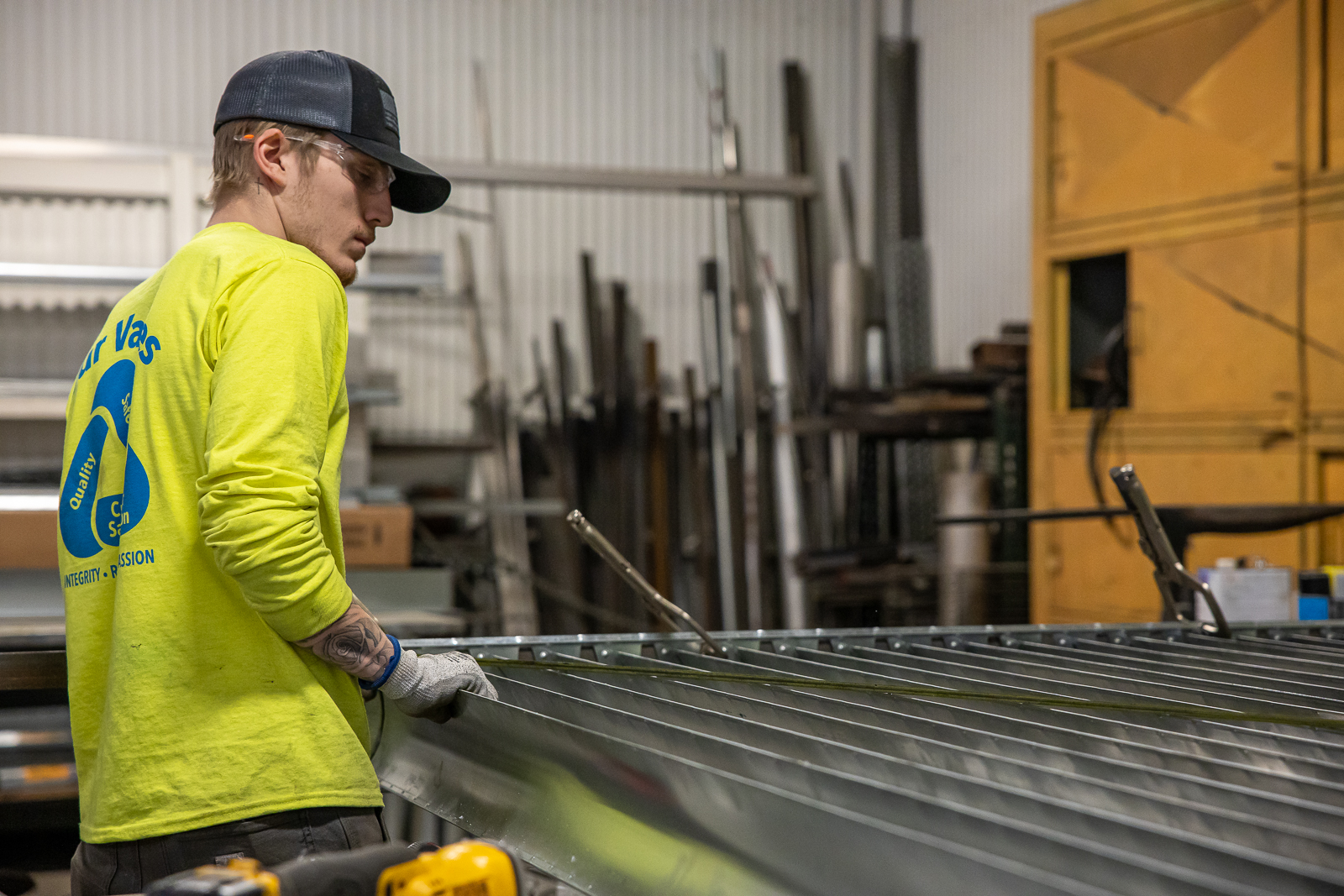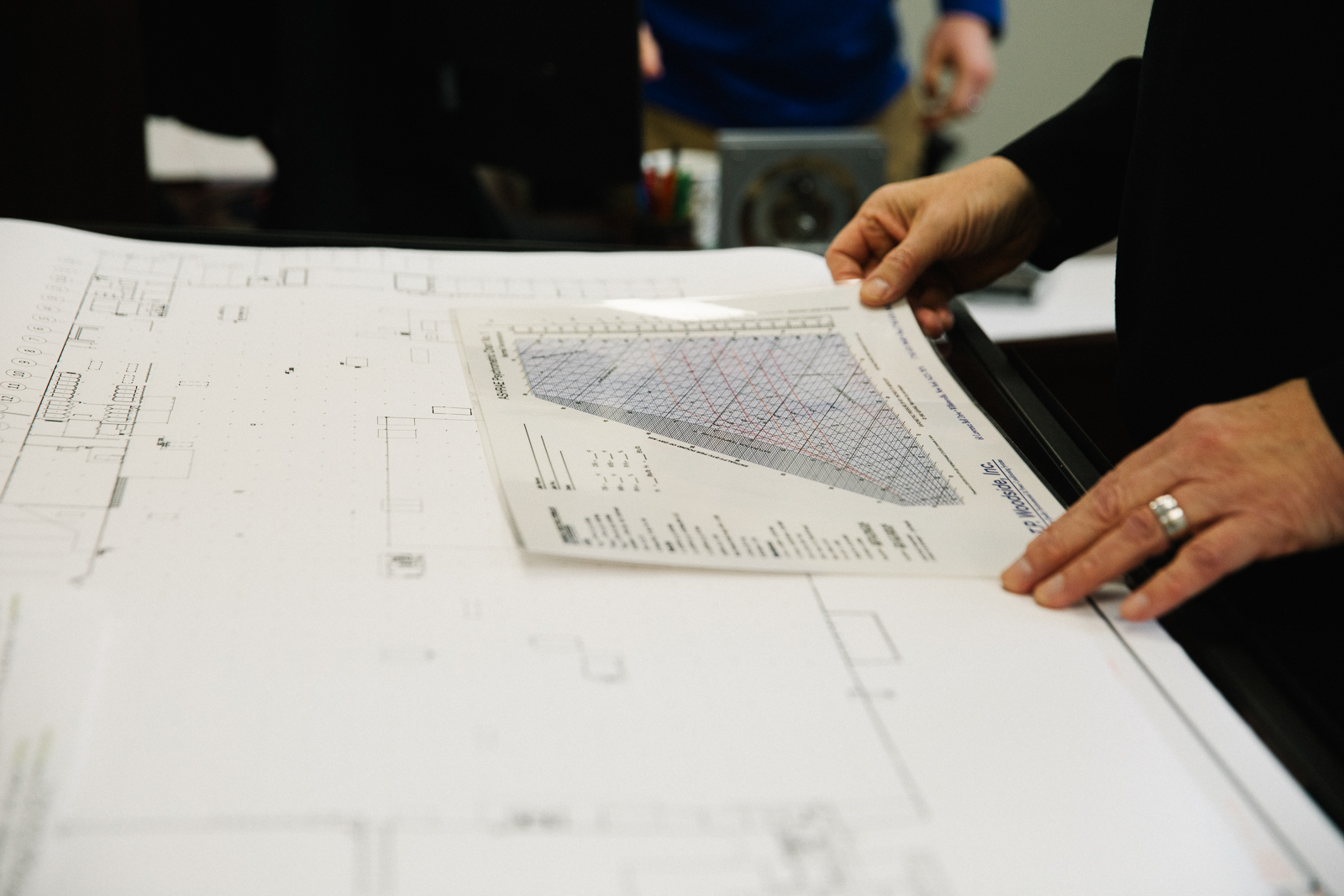As business owners and facility/maintenance managers, you work tirelessly to ensure your commercial spaces run smoothly. But there’s often an overlooked factor that can significantly impact the well-being of your occupants and the success of your operations: poor indoor air quality.
Whether you’re managing an industrial manufacturing plant, an office building, a healthcare facility, a restaurant, a municipality or a school, poor air quality can affect everyone within your space. Recognizing the signs early and investing in proper commercial HVAC maintenance can protect both your people and your operations.
Common Air Quality Contaminates in Commercial Buildings
Before we can fix the air quality of your building, it’s important to understand what causes poor air quality. There are some common contaminants that can lurk in your commercial building that can begin to cause insufficient air quality throughout the entire building. Some of these contaminants include:
- Particulate Matter: Particulate Matter—or even Particulate Pollution as it’s also called—are tiny airborne particles that can cause respiratory problems and reduce the overall quality of your air. Some of these particles can consist of dust, dirt, soot, smoke or drops of liquid.
- Volatile Organic Compounds (VOCs): VOCs are airborne gases released from various products or industrial processes. Common examples of VOCs include paints and lacquers, cleaning supplies, pesticides, building materials and furnishings, office equipment, graphics and craft materials, including glues and adhesives and more.
- Mold and Mildew: Mold and mildew typically form from excessive moisture and can be harmful to your overall health. While there are many different types of mold, the one factor they all have in common is that they need moisture to grow.
- Allergens: Allergies occur when your immune system reacts to airborne allergens that circulate in the atmosphere. They can lead to allergy attacks and worsening asthma. Some common examples of allergens include dust mites, pet dander, pollen and spores.
How to Recognize Poor Air Quality in Your Facility
Identifying the signs of poor air quality is crucial to addressing the issue promptly. Look out for:
Visible Signs:
- Dust buildup around vents or on surfaces
- Musty or chemical odors that linger
- Condensation on windows or moisture on walls
Health-Related Indicators:
- Frequent respiratory complaints from occupants
- Increased sick days and lower employee energy
- Productivity issues linked to comfort or fatigue
Industry-Specific Challenges
Depending on your industry, you may face unique air quality challenges. Someone working in Healthcare might not experience the same challenges as someone working in a warehousing facility. Because of this, it’s important to know how poor air quality affects your industry.
Industrial Manufacturing
Industrial environments often deal with airborne particulates from heavy machinery, fabrication processes and material handling. Dust, chemical fumes and other emissions can quickly reduce indoor air quality and pose serious health risks to employees if not properly controlled. Investing in well-designed ventilation systems, regular filter changes and custom mechanical HVAC services helps minimize exposure and promote safer, more breathable conditions on the floor.
Office Buildings
Offices may seem low-risk, but they often suffer from stagnant air, inconsistent airflow and indoor pollutants from printers, copiers, furniture and cleaning products. Without proper building control systems and consistent HVAC maintenance, occupants may experience headaches, fatigue or allergies throughout the workday. Optimizing air circulation and filtration can create a healthier and more productive environment for your staff.
Healthcare Facilities
Clean air is essential in hospitals and other healthcare settings where patients may have compromised immune systems. Inadequate air handling can increase the risk of airborne infections and cross-contamination. These facilities require high-efficiency filtration, pressure-controlled spaces and reliable commercial HVAC systems to meet strict air quality standards and compliance requirements. Mazza’s team is experienced in providing infection control solutions tailored to healthcare environments.
Municipalities and Schools
Public buildings and educational institutions often face aging infrastructure, high occupancy rates and limited funding for upgrades. Older schools, in particular, may still contain asbestos or use outdated HVAC systems that don’t meet current ventilation standards. Poor air circulation in crowded spaces can lead to increased absences and health concerns. Installing or retrofitting HVAC systems for schools and implementing smart building controls can significantly improve indoor air quality and comfort for staff and students.
Improving Air Quality
In the fast-paced world of business, it’s easy to overlook the air you breathe. However, poor air quality can lead to health issues, reduced productivity and increased absenteeism. Prioritizing air quality isn’t just a caring gesture; it’s a wise investment in the well-being and success of your business.
If you have any questions or concerns about air quality in your commercial building, don’t hesitate to reach out to our experts at Mazza Mechanical. We can provide preventative maintenance solutions that help catch the problem before it occurs.
